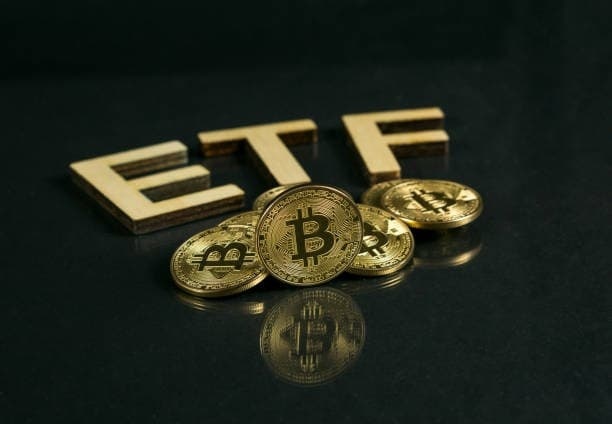As the world emerges from the shadow of the pandemic, the financial landscape is undergoing a significant transformation. Bitcoin, a digital currency that has captured the imagination of investors and speculators alike, is at the forefront of this change. Its price, once a niche topic, has now become a central point of discussion in financial circles. The question on everyone’s mind is: what does the future hold for Bitcoin’s price in a post-pandemic world?
The pandemic has accelerated the adoption of digital currencies, with Bitcoin leading the charge. Its decentralized nature and the inability of governments to manipulate its supply have made it an attractive alternative to traditional fiat currencies. As economies around the world grapple with the aftermath of the pandemic, Bitcoin’s price has become a barometer for the health of the global financial system.
One of the key factors influencing btc price is the increasing institutional interest. Major financial institutions, once skeptical of cryptocurrencies, are now warming up to the idea of Bitcoin as a legitimate asset class. This shift in perception has led to a surge in demand, driving up the price of Bitcoin. As more institutions enter the market, the price of Bitcoin is expected to continue its upward trajectory.
However, the volatility of Bitcoin’s price cannot be ignored. The cryptocurrency market is known for its wild price swings, and Bitcoin is no exception. While some investors view this volatility as an opportunity, others see it as a significant risk. The post-pandemic world is likely to be characterized by economic uncertainty, which could exacerbate the price fluctuations of Bitcoin. Investors must be prepared for this volatility and have a clear strategy in place to navigate the ups and downs of the market.
Another aspect to consider is the role of regulation in shaping Bitcoin’s price. As governments around the world grapple with the implications of digital currencies, regulatory frameworks are being developed to govern their use. These regulations can have a significant impact on the price of Bitcoin, as they can either legitimize its use or restrict its adoption. The post-pandemic world will likely see a continued evolution of these regulations, which will play a crucial role in determining the future trajectory of Bitcoin’s price.
The environmental impact of Bitcoin mining is also a hot topic in the post-pandemic world. As the world becomes more conscious of its carbon footprint, the energy-intensive process of Bitcoin mining is coming under scrutiny. This could lead to increased pressure on Bitcoin miners to adopt more sustainable practices, which may impact the price of Bitcoin. The shift towards renewable energy sources for mining could be a game-changer, potentially making Bitcoin more attractive to environmentally conscious investors.
The technological advancements in the blockchain space are another factor that could influence Bitcoin’s price. As the technology behind Bitcoin continues to evolve, it opens up new possibilities for its use cases. This could lead to increased demand for Bitcoin, driving up its price. The post-pandemic world is likely to see a surge in innovation in this area, which could have a significant impact on the price of Bitcoin.
In conclusion, the price of Bitcoin in a post-pandemic world is a complex issue with many moving parts. Factors such as institutional interest, market volatility, regulatory developments, environmental concerns, and technological advancements will all play a role in shaping its future. As the world continues to recover from the pandemic, it will be fascinating to watch how these factors interact and influence the price of Bitcoin. For now, one thing is clear: Bitcoin’s price is a topic that will continue to captivate the attention of investors and financial experts worldwide.


